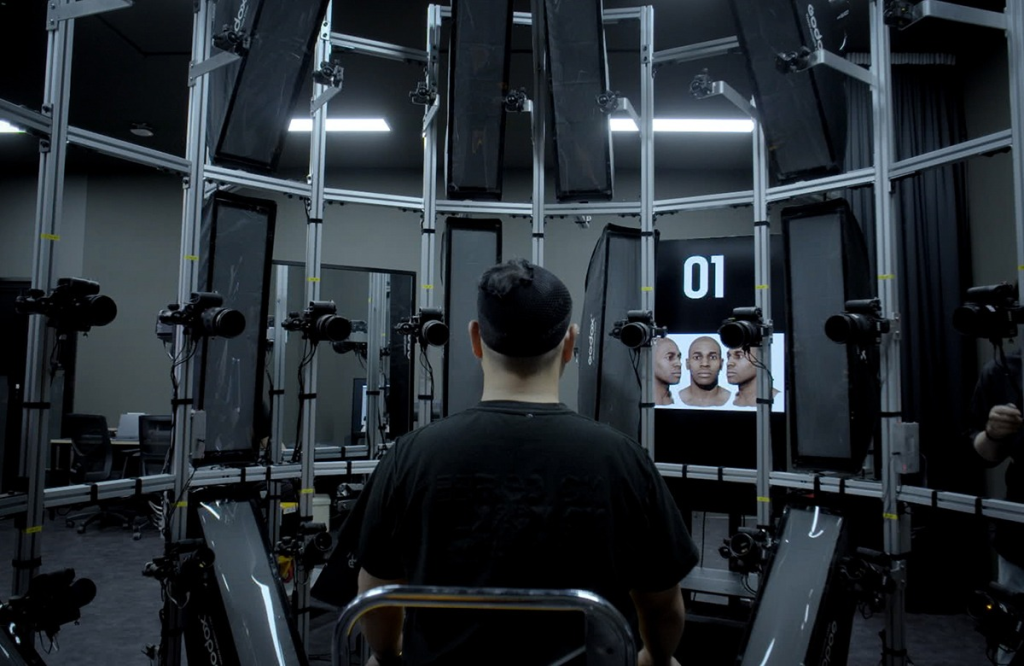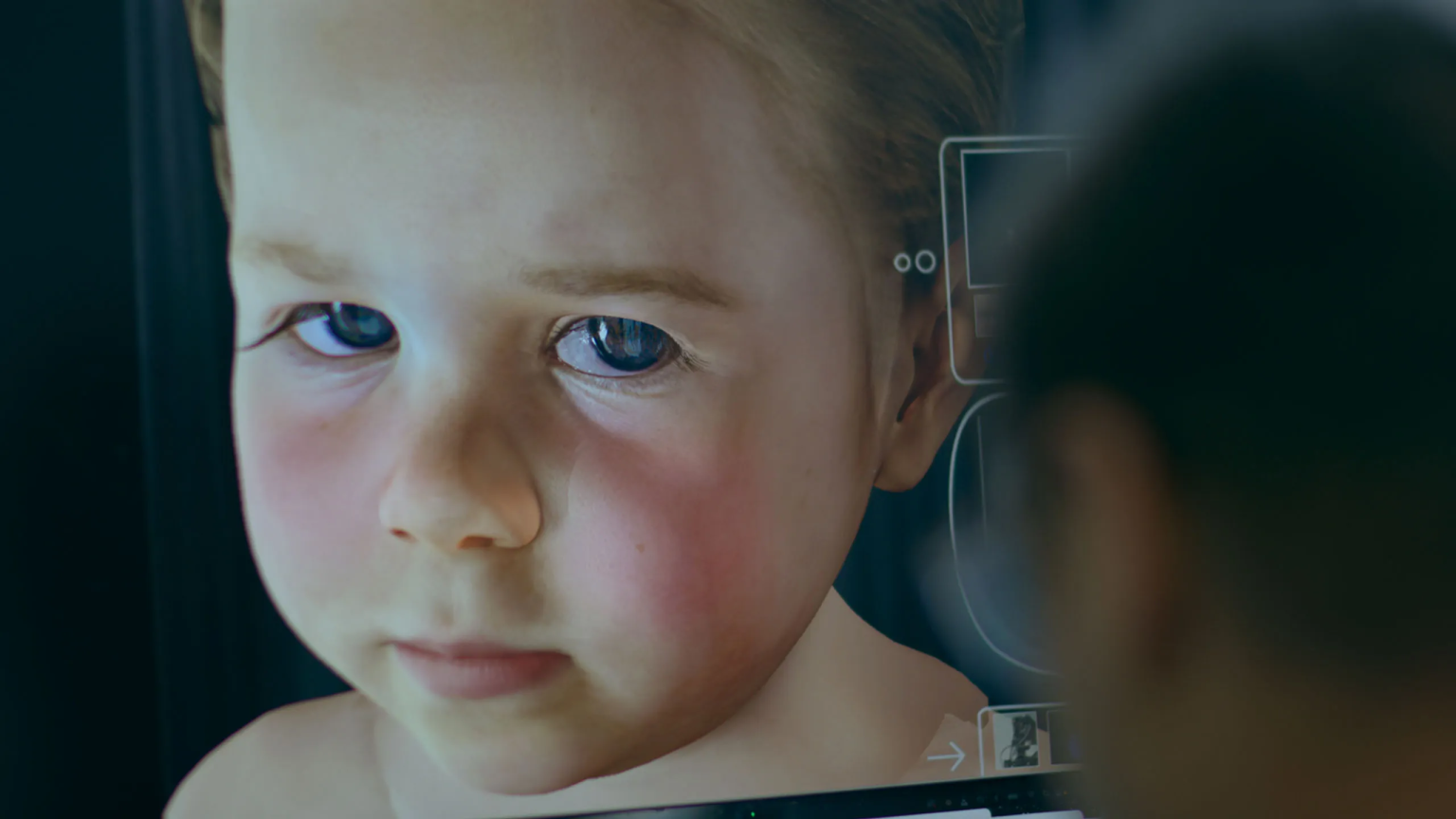The Rise of AI in the Afterlife Industry
In a world where technology continually pushes boundaries, the concept of using artificial intelligence (AI) to interact with deceased loved ones has emerged as a fascinating yet unsettling development. This new frontier is explored in the thought-provoking documentary Eternal You, directed by Hans Block and Moritz Riesewieck. The film investigates the burgeoning industry of “Deadbots,” AI-driven entities that enable the bereaved to hold simulated conversations with those who have passed away.
AI and the Digital Afterlife: A Glimpse into Eternal You
The digital afterlife industry is expanding rapidly, capitalizing on humanity’s intrinsic desire to maintain connections with lost loved ones. AI chatbots and virtual avatars, like those featured in Eternal You, are created using data from social media posts, emails, text messages, and voice recordings. Companies like Project December and HereAfter are at the forefront of this movement, offering services that range from voice synthesis to 3D modeling.

The documentary presents several poignant stories, such as that of Jang Ji-sung from South Korea, who uses VR goggles to interact with an avatar of her deceased daughter. Another case involves Christi Angel, who communicates with her late lover through an AI that shockingly tells her he is “in hell.” These interactions are deeply emotional and raise significant ethical and psychological questions.
Ethical and Psychological Implications: AI Hallucinations
The advent of AI in the afterlife industry is not without its controversies. AI ethicists from Cambridge University’s Leverhulme Centre for the Future of Intelligence warn that these technologies can cause psychological harm. Without proper design safety standards, AI interactions with the deceased can lead to “digital haunting,” where users receive unsolicited notifications and messages from AI simulations of their loved ones.

A major concern with AI “Deadbots” is the potential for “hallucinations,” where the AI generates responses that are not based on reality. This issue is highlighted in Eternal You, where Christi’s AI companion claims to be in hell, causing her significant distress. Despite these unsettling experiences, users like Christi continue to engage with the technology, showcasing the complex emotional bonds formed with these digital entities.
The Role of Big Tech
Companies like Microsoft and Amazon have already secured patents for digital afterlife applications, indicating the potential profitability of this new market. Smaller startups are also vying for a share, often prioritizing business objectives over ethical considerations. Justin Harrison of You, Only Virtual, candidly states that the most successful services will be those adept at commercializing the dead.

To address the ethical dilemmas posed by the digital afterlife industry, there is a pressing need for regulatory frameworks. Recommendations include obtaining informed consent from individuals before their data is used to create digital personas, implementing age restrictions, and ensuring transparency through clear disclaimers. Additionally, robust data privacy and security measures are crucial to protect users from potential exploitation.
The Future of Digital Afterlife Technologies
The potential for digital afterlife technologies to aid the grieving process is undeniable. For some, these AI recreations provide a sense of continuity and comfort, allowing them to preserve positive memories of their loved ones. However, for others, the emotional impact can be profoundly negative, exacerbating their grief.
As we navigate the brave new world of AI and the digital afterlife, it is essential to balance the benefits of staying connected with loved ones against the potential risks and ethical dilemmas. Thoughtful regulations and ethical guidelines can help ensure that digital immortality technologies honor both the living and the dead, supporting emotional wellbeing and preserving the dignity of those who have passed away.
Eternal You is not just a documentary; it is a call to critically examine the ways in which we allow technology to shape our most intimate and human experiences. By doing so, we can foster a future where digital afterlife services enhance our humanity rather than diminish it.


